Hair Loss After Bariatric Surgery
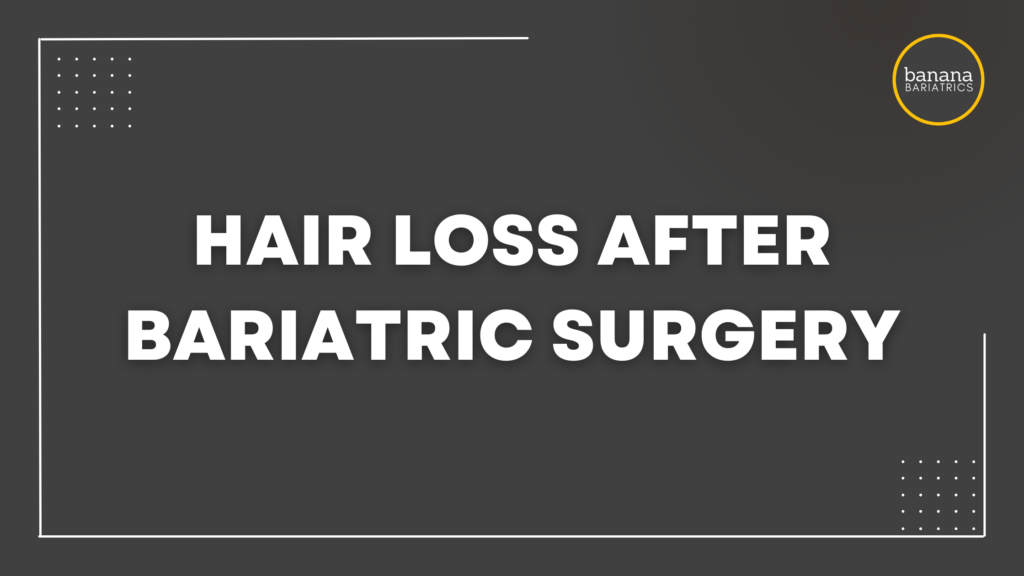
Hair loss after bariatric surgery is a very common concern that can instigate fear in those considering surgery, and panic for those who are actively experiencing it. Thankfully, this issue is transient and can be addressed before and after surgery. In this week’s blog post, we are going to explore why hair loss occurs, when it typically resolves, how to prevent it in the first place and then how to treat it appropriately when it begins to occur.
Can Bariatric Surgery Cause Hair Loss?
Yes, weight loss surgery is a big reason why patients notice hair thinning and loss after surgery. Patients experience hair loss as a result of a combination of reasons: trauma to the body (surgery), anesthesia effects, and the hormone and sudden nutrient changes that occur before and after surgery.
High-stress situations (ie: rapid weight loss after surgery) can instigate hair shedding which is typically noticeable around 3-4 months after surgery.
In addition, the body is still recovering from being in a caloric deficit due to the liver shrink diet preceding surgery, and the slow progression of bariatric diet stages after surgery.
Hair growth works on a 3 month cycle. Therefore, around the 3-4 month mark after surgery, some patients begin noticing more significant thinning and/or shedding of their hair.
When Does Hair Loss Stop After Bariatric Surgery?
For most patients, hair loss typically subsides around 6-9 months after surgery. This usually aligns with when they can consume high enough calories, protein, and nutrition to support the fresh growth of hair follicles.
If you have had surgery, but are also finding yourself in a significantly stressful season of life (ie: in the middle of a divorce, grieving over the passing of a loved one, suffering from job loss / financial instability), it may take longer for your hair growth to return to normal.
Is Hair Loss After Surgery Permanent?
While hair thinning and hair lost is unpleasant, intimidating, and a somewhat unavoidable side effect of surgery, it is not usually permanent. There are measures you can take before and after surgery to prevent hair thinning/ loss from occurring (or to reduce the degree of hair loss).
How To Prevent Hair Loss
Hair is composed of protein. Therefore, it is extremely important to make sure you are hitting > 60g of protein each day. Ideally, 80+ grams of protein from nutrient dense whole foods is what your hair responds best to. If you are taking protein supplements, make sure that they are complete sources of protein. Be sure to can reach out to your bariatric dietitian for more specific help with this.
It is also very important to take all of your bariatric vitamins on a consistent basis. There are multiple vitamins and minerals that participate in hair growth that are contained (with the appropriate amounts necessary) in your bariatric* vitamin regimen.
If you have had surgery and are not taking vitamins, we recommend you start here for extra support and guidance on how to get back on track with your bariatric vitamin regimen.
Other tips and tricks include:
- Unflavored collagen peptides (from brands like Vital Proteins or Orgain)- but they are not a complete source of protein
- Switching over to a specific biotin-based shampoo and conditioner
- Avoiding placement of extensions into your hair since these will typically fall out with hair loss. Instead, some women have found it more helpful to get a cute hair cut instead until their hair growth returns.
Importance Of Nutrition In Hair Growth
To keep hair loss to a minimum, be sure you are meeting all of your nutrient needs. This includes eating the right amounts of protein, unsaturated fats, carbohydrates, and multivitamins. Without a nutrient dense and healthy diet, your body won’t receive the proper nutrition it needs to create healthy hair.
From the food standpoint (assuming you’re on a regular staged bariatric diet), essential fatty acids found in walnuts, flaxseed, and some plant oils can help mitigate hair loss (2 teaspoons per day).
If your levels of zinc are severely low, you may experience hair loss. If zinc supplementation is needed, it is important to simultaneous supplement with copper since zinc intake can cause a copper deficiency. Be sure to speak with your surgical team regarding lab work and supplementation and make sure you are collecting a full panel of labs every 6-12 months after surgery (according to your surgical Practice protocols).
Herbal treatments and vitamins should be used with caution. These treatments have not been tested for effectiveness or purity. Side effects of herbal treatments may not be well-documented and could interact with other medications you take.
As always, please talk to your dietitian and/or bariatric provider before starting, stopping, or changing any medical / vitamin therapy to help with hair loss.
In Summary
When preparing for surgery, ensure you are in a strong habit of including vitamins and 80g of protein into your diet each day. After surgery, consistency in taking your appropriate bariatric vitamin regimen, >80g of protein each day (ideally from nutrient dense foods), and finding ways to mitigate daily stress, are the best ways to encourage return of hair growth.
Struggling With Your Protein Intake?
Grab our FREE High Protein download and learn how to:
- Identify high protein sources from nutrient dense foods
- Understand the exact protein amounts per serving from every food group
- Create easy “grab-and-go” high protein snacks
- Make grocery shopping seamless, with a printable shopping list


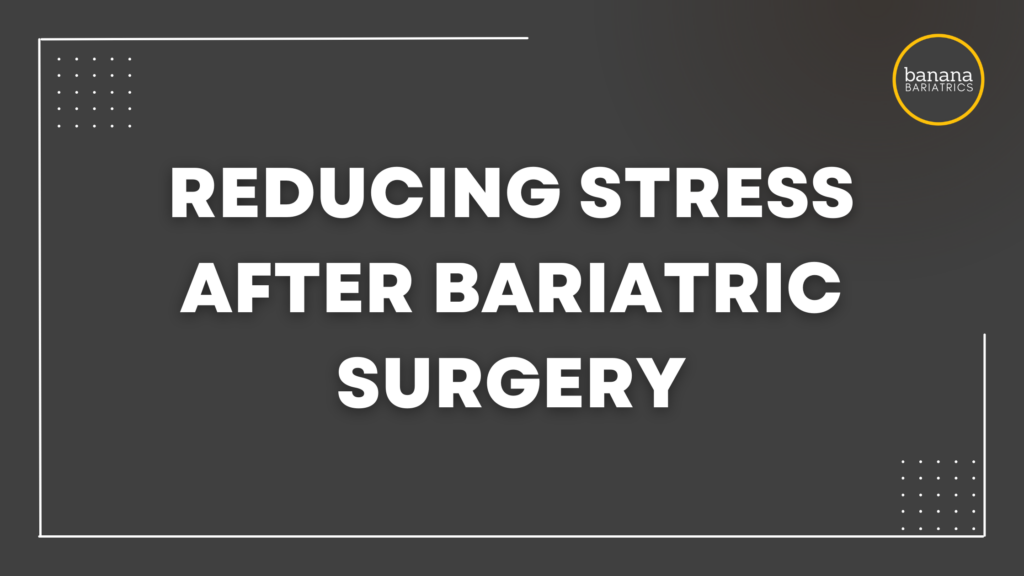
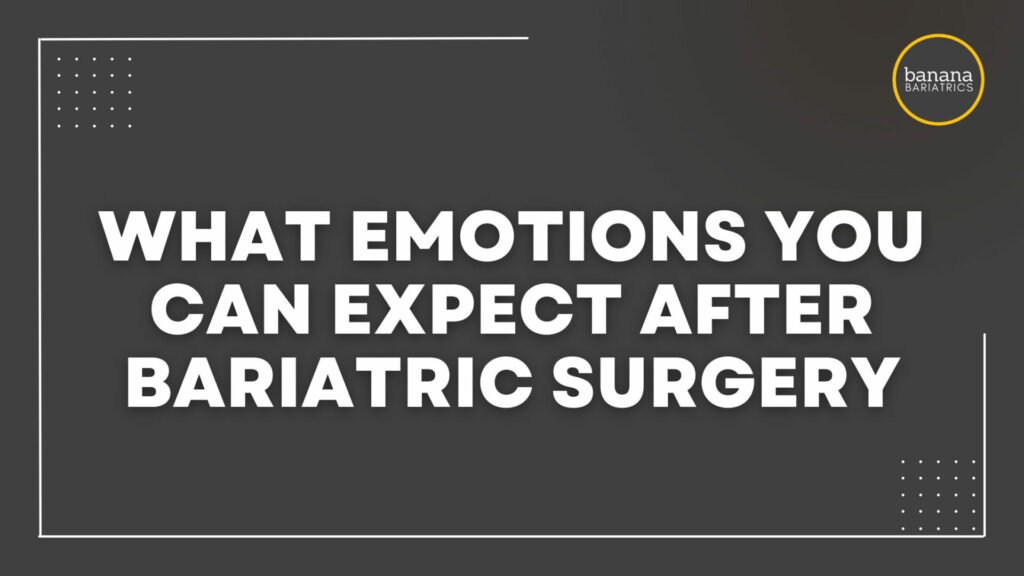
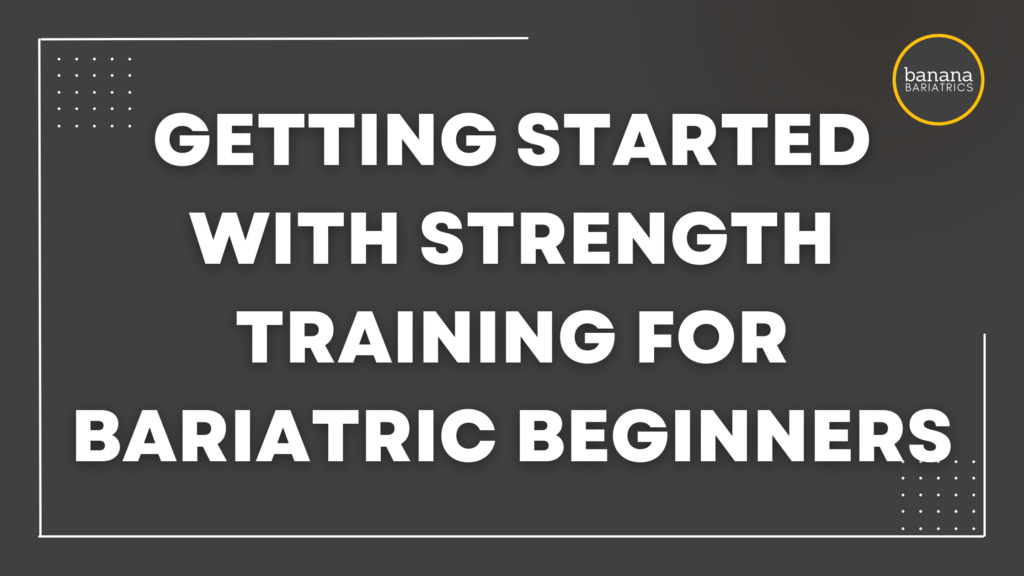
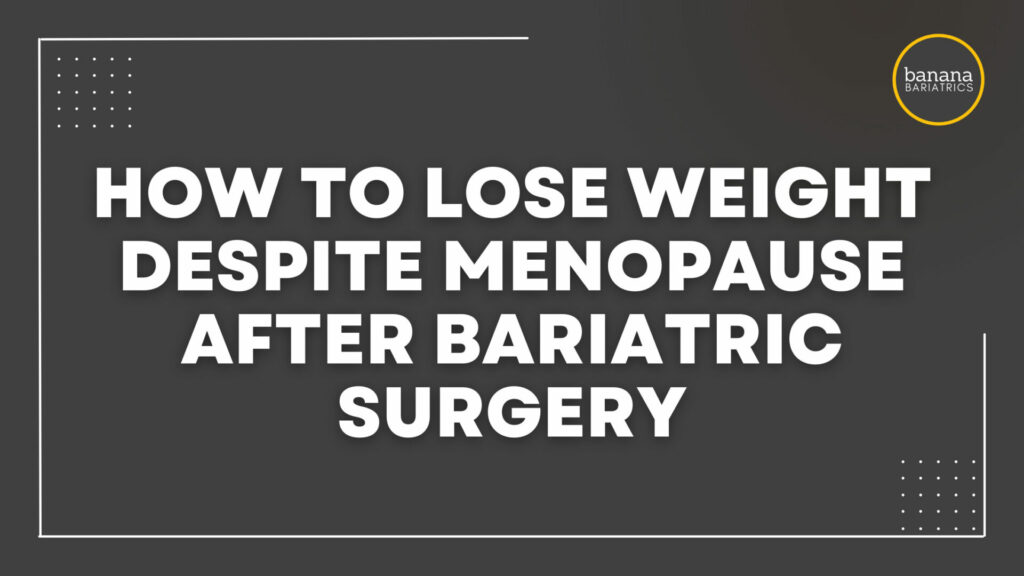
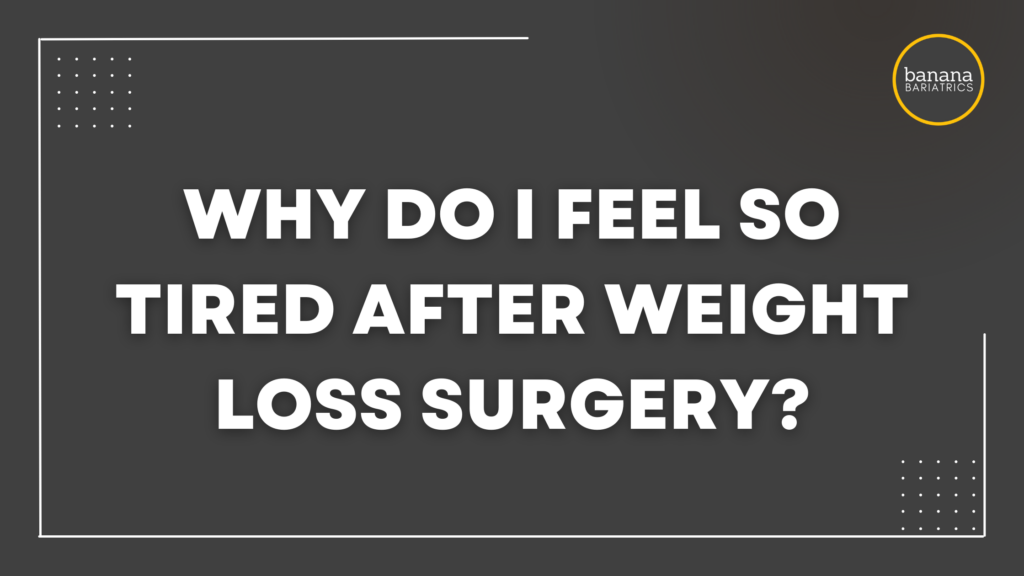
Responses